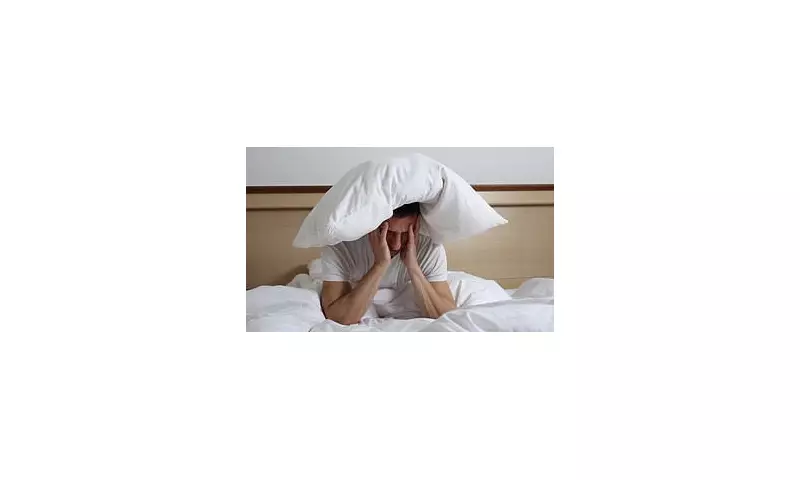
Are you struggling with sleepless nights despite trying every remedy imaginable? The solution might not be in your bedtime routine, but in how you carry yourself during the day. According to sleep science expert Dr Sophie Bostock, a common daytime posture mistake could be the hidden culprit behind your chronic insomnia.
The Daytime Habit Sabotaging Your Sleep
Dr Bostock, a prominent sleep specialist and founder of The Sleep Scientist, reveals that many people unknowingly create physical tension that prevents proper relaxation at night. "When we're stressed or anxious, we tend to carry tension in our upper body," she explains. "This creates a heightened state of alertness that makes it difficult to switch off when it's time to sleep."
The Modern Posture Epidemic
The problem has become increasingly common in our digital age. Hours spent hunched over computers and smartphones create what Dr Bostock calls "tension reservoirs" in the neck, shoulders, and upper back. This physical stress keeps the nervous system in a state of high alert, directly interfering with the body's natural wind-down process.
Simple Solutions for Better Sleep
Fortunately, correcting this issue doesn't require dramatic lifestyle changes. Dr Bostock recommends these evidence-based strategies:
- Posture check-ins: Set hourly reminders to assess your sitting position and relax tense shoulders
- Neck and shoulder stretches: Incorporate simple stretches throughout your workday
- Breathing exercises: Practice diaphragmatic breathing to release physical tension
- Movement breaks: Stand up and move every 30-60 minutes to reset your posture
"Many of my clients see dramatic improvements in their sleep quality within days of addressing their daytime posture," Dr Bostock notes. "It's about breaking the cycle of chronic tension that prevents proper relaxation."
Why This Approach Works
Unlike sleep medications that merely mask symptoms, addressing daytime posture targets the root cause of sleep difficulties. By reducing physical tension throughout the day, you create the optimal conditions for natural sleep to occur. This method aligns with the body's circadian rhythms and natural sleep-wake cycle.
For the millions suffering from insomnia in the UK, this simple adjustment could be the key to finally achieving restful, rejuvenating sleep without relying on medication or complicated sleep routines.





